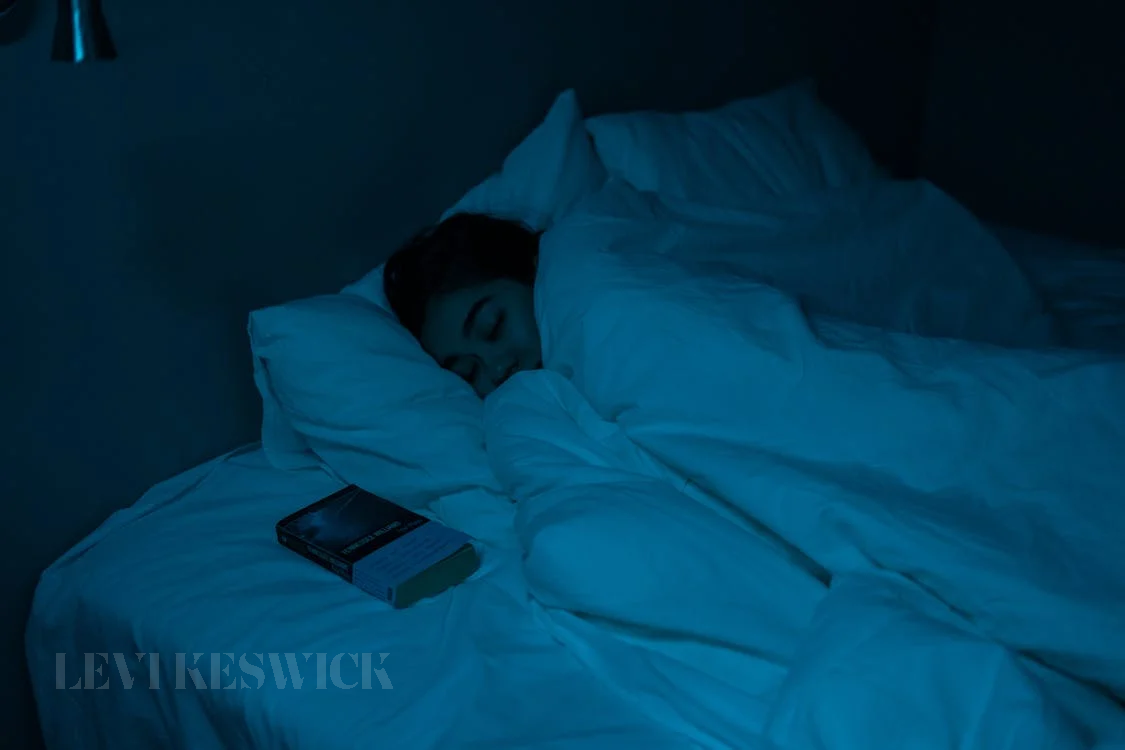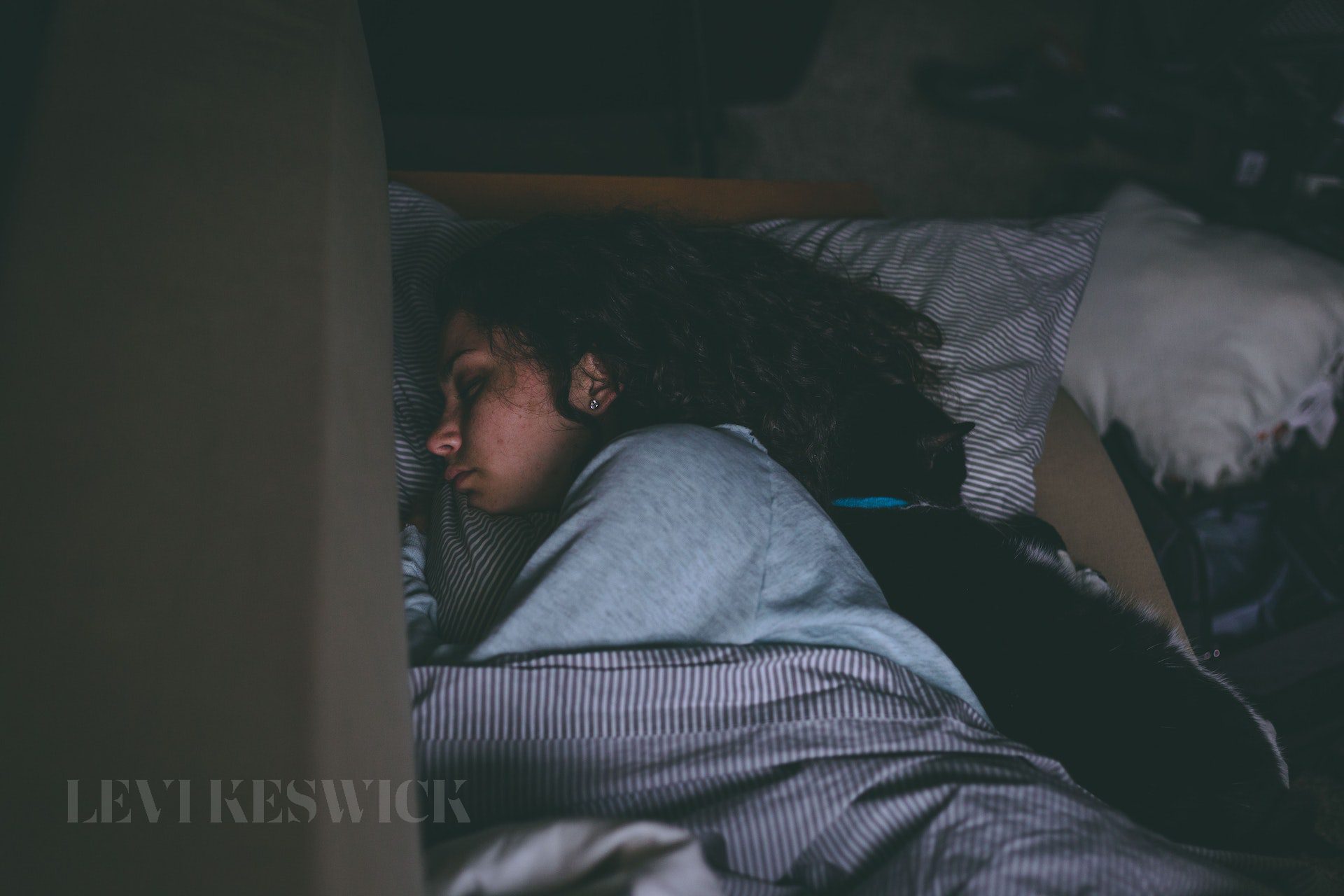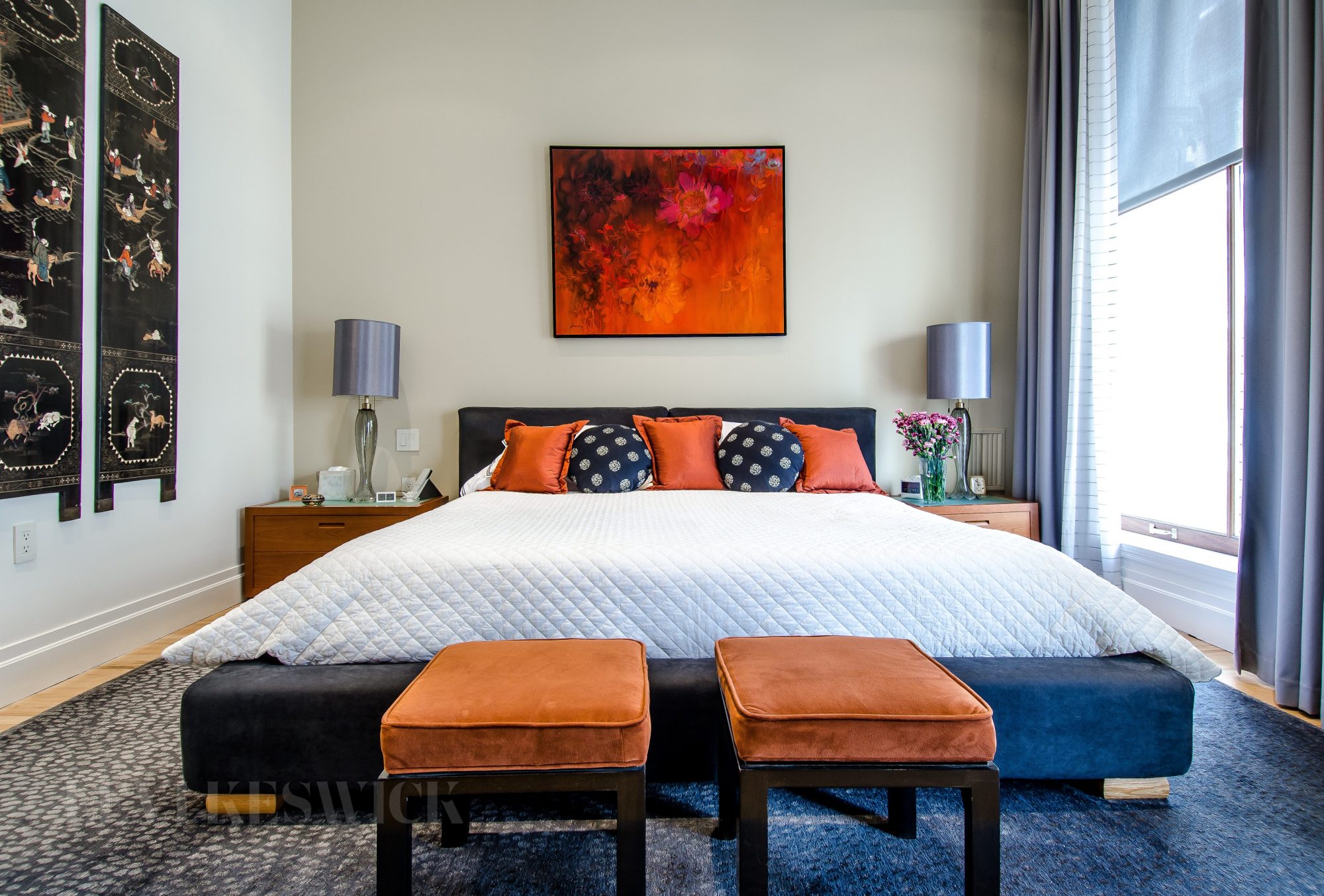Do you have trouble sleeping at night? If so, you’re not alone. There are millions of people throughout the entire world who experience insomnia, as well as bad sleep. While there are many different causes of sleep deprivation, one of the most common is exposure to electronic device screens late at night. In this blog post, we will discuss the effects of electronic devices on our sleep and offer some tips for getting a good night’s sleep!
The most common reasons why people have trouble sleeping
Sleeping is, without saying, one of the most important things we can do for our bodies. It allows us to rest and repair, both physically and mentally. Most people require from seven to nine of sleep nightly. However, this number can vary. Unfortunately, not everyone is able to get the recommended amount of sleep. In fact, some studies say that around 50 to 70 million adults in the US struggle with sleep! So, are the reasons the type of pillows you are using or is it something more? For many people, the answer is staring them right in the face – or, at least, it’s in their hands. Yes, the technology we have become so reliant on could be to blame for our restless nights.
Our screens are the leading cause of sleeplessness
More and more people are finding themselves staring at screens late into the night. Whether it’s working on a project, catching up on Netflix, or scrolling through social media, the blue light emitted from these screens can have a significant impact on our sleep. Studies have shown that the blue light from screens suppresses the production of melatonin, the hormone that makes us sleepy. This is why you may find yourself wide awake after looking at your phone before bed. While there are many different causes of sleep deprivation, one of the most common is exposure to electronic device screens late at night.
Built-up stress can also make it difficult to fall asleep
For many of us, the stresses of daily life can make it difficult to fall asleep at night. Whether it’s work, family, or finances, these worries can keep us up long after we’ve turned off the lights. Stress can also lead to other sleep problems, such as nightmares and night sweats. If you find yourself lying awake at night stressing about the day ahead, try some relaxation techniques such as deep breathing or progressive muscle relaxation. Furthermore, many of us do not even realize the magnitude of stress we gather throughout the day. It all builds up until we can no longer ignore it when our head finally hits the pillow at night.
Bad eating habits
What we eat and drink can also have an impact on our sleep. Caffeine, alcohol, and nicotine are all stimulants that can make it difficult to fall asleep and stay asleep. Furthermore, eating a large meal before bed can lead to indigestion and heartburn, making it uncomfortable to lie down and sleep. If you find yourself having trouble sleeping, avoid caffeine and alcohol in the evening, and try to eat a light dinner that is easy to digest. Furthermore, try to avoid eating or drinking anything for at least two hours before bed. This will give your body time to digest before you try to sleep.
Your environment
The environment in which we sleep can also impact our ability to get a good night’s rest. A bedroom that is too hot or too cold, noisy, or brightly lit can make it difficult to fall asleep and stay asleep. Try to make your bedroom quiet, dark, and at the right temperature for sleep. Generally speaking, sleeping in a slightly colder room will make you fall asleep easier. Consider investing in blackout curtains or an eye mask to block out light, and earplugs or a white noise machine to drown out the sound. Ensuring your room is ready for a good night’s sleep is just as important as the stress you need to get rid of before sleeping. You may also want to try sleeping with a fan on or using a humidifier to create a more comfortable environment.

Not sleeping on comfortable mattresses
Another common reason for sleepless nights is an uncomfortable mattress. If your mattress is too soft or too hard, it can make it difficult to get comfortable and fall asleep. Furthermore, if your mattress is more than seven years old, it may be time for a replacement. A good mattress should provide support and comfort, and it should be replaced every seven to ten years. If you find yourself waking up with a sore back or neck, it may be time for a new mattress.
There are many different reasons why we may have trouble sleeping. It could be the type of pillow we are using, the amount of stress we are under, our eating habits, or our environment. However, one of the most common reasons for sleepless nights is exposure to electronic screens late at night. The blue light emitted from these screens suppresses the production of melatonin, the hormone that makes us sleepy. If you find yourself having trouble sleeping, try reducing your screen time in the evening and create a more comfortable environment for sleep. You may also want to consider investing in a new mattress if you find yourself waking up sore. By making some simple changes, you can get the restful night’s sleep you need to feel your best.










